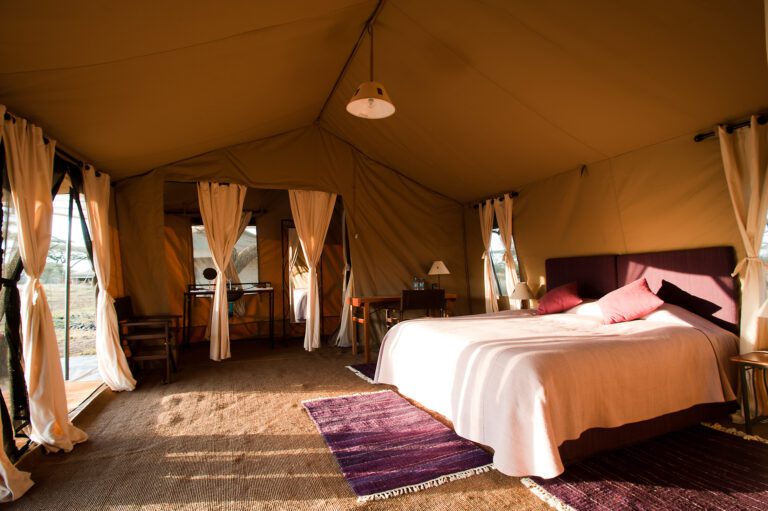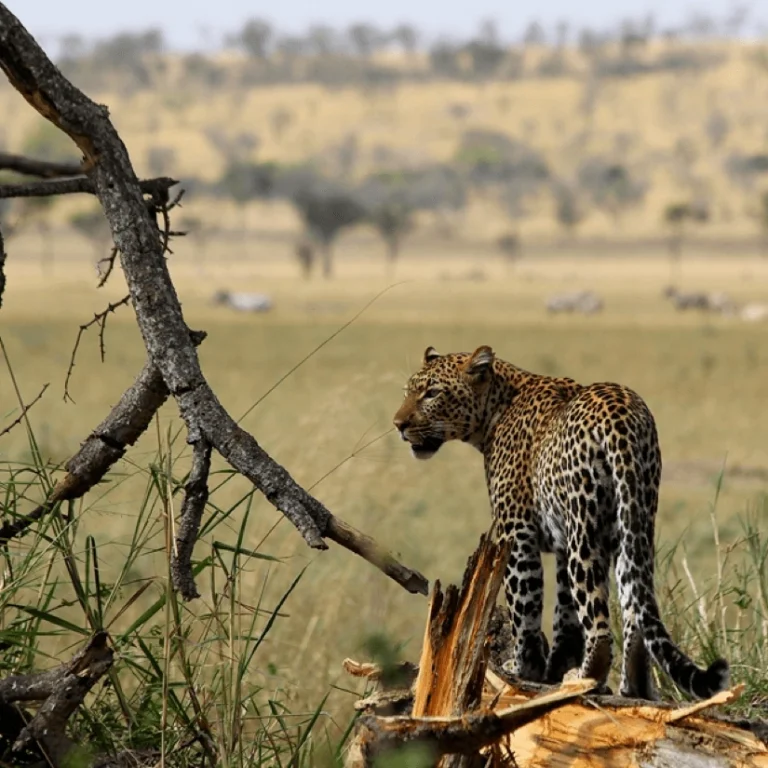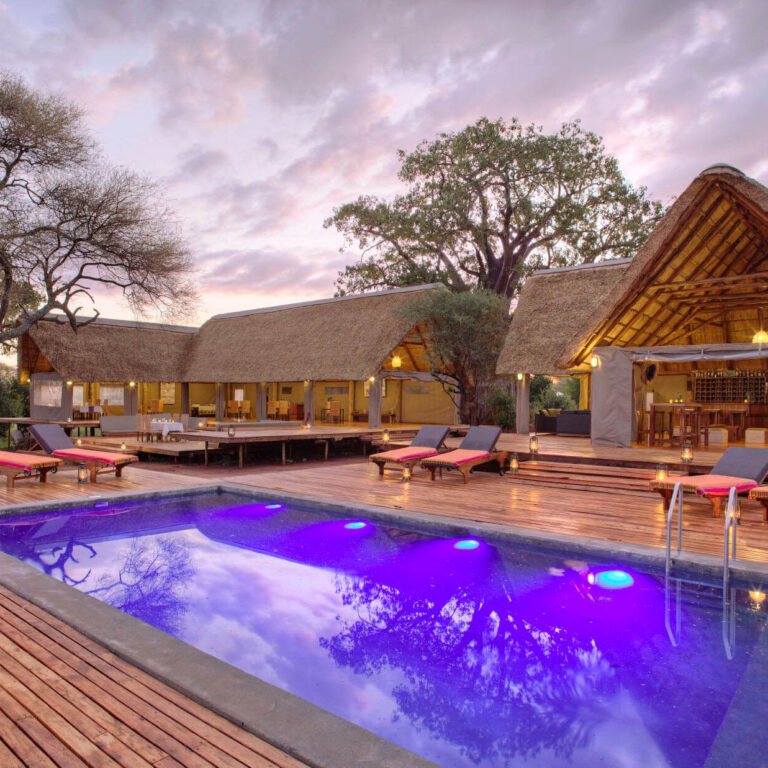13 Biggest Mistakes to Avoid When on An African Safari.
Embarking on an African safari is a dream for many adventure seekers through learning biggest mistakes to avoid when on an African Safari. The allure of witnessing majestic wildlife in their natural habitat is unmatched. However, amidst the excitement, it’s crucial to be aware of the common pitfalls that could potentially spoil the experience. To ensure your safari is memorable for all the right reasons, we’ve compiled a comprehensive guide outlining the 13 biggest mistakes to avoid during your African adventure. Here are the biggest mistakes pros say you should avoid on a safari vacation.
1. Respect Wildlife: Don’t Call the Animals
One of the cardinal rules of safari etiquette is to refrain from calling out to the animals first timer African Safari Common Mistakes To Avoid. While it may be tempting to attract their attention for a better photo opportunity, this behavior can disrupt their natural behavior and even pose a safety risk. Instead, practice patience and allow wildlife to dictate the interaction.
2. Follow Your Guide: Don’t Ignore Their Expertise
Your safari guide is your ultimate resource for navigating the wilderness safely and maximizing your wildlife sightings. Ignoring their instructions or venturing off on your own can not only jeopardize your safety but also disturb the delicate ecosystem. Trust in their expertise and adhere to their guidance throughout the journey.
3. Mind Your Scent: Don’t Wear Perfume or Strong Scents
Wild animals have keen senses, particularly when it comes to smell. Avoid wearing perfume, cologne, or any strongly scented products that could potentially deter or attract wildlife unnaturally. Opt for unscented toiletries to minimize your impact on the environment and enhance your wildlife encounters.
4. Be Considerate: No Smoking
Smoking on safari not only poses a fire hazard in the dry savannah but also disturbs the natural tranquility of the wilderness. Respect the environment and your fellow travelers by refraining from smoking during game drives and excursions.
5. Blend In: Don’t Wear Flashy Colors
While it may be tempting to don vibrant attire for the perfect safari photo, it’s best to opt for neutral, earth-toned clothing that blends seamlessly with the surroundings. Flashy colors can startle wildlife and make it more challenging to observe them in their natural habitat.
6. Leave No Trace: Don’t Leave Trash Behind
Preserving the pristine beauty of the African wilderness is a collective responsibility. Always pack out what you pack in and dispose of trash responsibly. Leaving litter behind not only tarnishes the landscape but also poses a threat to wildlife who may ingest or become entangled in discarded items.
7. Respect Wildlife: No Flash Photography
Flash photography can startle and distress animals, potentially disrupting their behavior patterns and causing unnecessary stress. Opt for natural lighting and high-speed camera settings to capture stunning wildlife moments without disturbing the inhabitants of the bush.
8. Safety First: Never Leave the Vehicle Without Permission
The safety protocols established by safari guides are designed to protect both visitors and wildlife. Never disembark from your vehicle without explicit permission from your guide, as it could expose you to dangerous encounters with wild animals and compromise the integrity of the safari experience.
9. Stay Inside: Don’t Lean Out of the Vehicle
While it may be tempting to lean out of the vehicle for a closer look or a better photo angle, it’s imperative to remain seated and keep all body parts inside the vehicle at all times. This precaution minimizes the risk of injury and ensures the safety of both passengers and wildlife.
10. Practice Courtesy: Don’t Be Rude to Guides and Staff, and Remember to Tip
Safari guides and staff work tirelessly to provide guests with unforgettable experiences in the African bush. Show appreciation for their expertise and hospitality by treating them with respect and courtesy. Additionally, tipping is customary in the safari industry and serves as a gesture of gratitude for exceptional service.
11. Stay Calm: Never Scream or Make Fast Movements
Maintaining a calm and composed demeanor during wildlife encounters is essential for both your safety and the well-being of the animals. Sudden movements or loud noises can startle wildlife and escalate potentially dangerous situations. Exercise restraint and observe wildlife in distance. Wild animals are sensitive to noise and sudden movements, which can trigger defensive or aggressive behavior. Maintain a calm demeanor and avoid any sudden gestures or loud noises that could startle the wildlife.
12. Avoid Temptation: Don’t Bring Any Food
Feeding wildlife disrupts their natural foraging behaviors and can create dependency on human food sources, leading to potential conflicts between animals and humans. Keep all food items securely stored to avoid attracting unwanted attention from wildlife.
13. Respect Boundaries: Do Not Feed the Animals
Feeding wildlife is not only prohibited but also potentially dangerous for both animals and humans. Biggest Mistakes to Avoid When on An African Safari. Feeding can habituate animals to human presence, leading to aggressive behavior and dependence on handouts. Enjoy observing wildlife from a respectful distance and refrain from any attempts to feed them.
What should I pack for an African safari?
When packing for an African safari, it’s essential to pack lightweight, breathable clothing in neutral colors to blend into the environment. Be sure to include essentials such as sunscreen, insect repellent, a wide-brimmed hat, binoculars, and a camera with extra batteries. Additionally, pack any necessary medications, toiletries, and a refillable water bottle.
What type of footwear is suitable for a safari?
Comfortable, sturdy shoes with good grip are essential for safaris, especially if you plan to go on bushwalks or nature hikes. Opt for closed-toe shoes, such as hiking boots or sneakers, to protect your feet from thorns, rocks, and insects. Avoid sandals or flip-flops, as they offer little protection and stability on uneven terrain.
What safety precautions should I take on safari?
Safety is paramount on safari, so it’s essential to follow your guide’s instructions at all times. Remain inside the vehicle during game drives unless instructed otherwise, and avoid standing up or leaning out excessively. Keep a safe distance from wildlife and refrain from making sudden movements or loud noises that could startle them. Additionally, stay hydrated, apply sunscreen regularly, and listen to your guide’s advice on wildlife encounters.
Are African safaris suitable for children?
African safaris can be an enriching and educational experience for children, but it’s essential to consider their age, maturity level, and comfort with outdoor activities. Many safari lodges and camps offer family-friendly accommodations and activities tailored to children, such as guided nature walks, junior ranger programs, and cultural experiences. Be sure to check age restrictions and safety guidelines with your chosen safari operator before booking.
What wildlife can I expect to see on an African safari?
African safaris offer the chance to encounter a diverse array of wildlife, including the iconic “Big Five” (lion, leopard, elephant, rhinoceros, and Cape buffalo), as well as giraffes, zebras, wildebeests, hippos, crocodiles, and various antelope species. Birdwatchers will also delight in spotting numerous bird species, from colorful kingfishers to majestic eagles.
How can I book an African safari?
There are several ways to book an African safari, depending on your preferences and budget. You can book directly with safari lodges or camps, either through their websites or by contacting them via email or phone. Alternatively, you can use the services of a reputable safari tour operator or travel agency, who can help you customize your itinerary, arrange accommodations, transportation, and guided activities.
What is the best time of year to go on safari in Africa?
The best time to go on safari in Africa depends on the specific region and the type of wildlife experiences you’re seeking. Generally, the dry season (winter) is considered the prime time for safaris, as animals are easier to spot around water sources, and vegetation is less dense. However, wildlife viewing can still be excellent year-round, with each season offering unique experiences, such as the Great Migration in East Africa or the birthing season in Southern Africa.
What should I do if I encounter a wild animal on safari?
If you encounter a wild animal on safari, it’s essential to remain calm and follow your guide’s instructions. Avoid sudden movements or loud noises that could agitate the animal, and maintain a safe distance at all times. Never attempt to approach or feed wild animals, and always give them the right of way. Your guide is trained to handle wildlife encounters safely and will ensure the safety of everyone in your group.
Can I take photographs during a safari?
Yes, photography is an integral part of the safari experience. Allowing you to capture stunning images of Africa’s breathtaking landscapes and wildlife Mistakes to Avoid on Your First Safari. Be sure to bring a camera with a zoom lens to capture distant animals, as well as extra memory cards and batteries. Remember to respect wildlife and avoid using flash photography, especially when photographing nocturnal animals or in sensitive environments.
Are there any cultural considerations to keep in mind on safari?
Respecting local cultures and customs is essential when traveling in Africa. Be mindful of cultural sensitivities, dress modestly, and always ask for permission before photographing people or their property. Learn a few basic phrases in the local language. Such as greetings and polite expressions, to show respect and build rapport with the local communities you encounter.
What is the tipping etiquette on safari?
Tipping is a common practice on safaris, and it’s customary to tip safari guides, drivers, camp staff, and other service providers for their excellent service. The amount you tip can vary depending on the level of service and your satisfaction with the experience. Biggest mistakes to avoid when on an African Safari. As a general guideline, consider tipping your guide and driver around $10-$20 per person per day and allocating additional tips for other staff members based on your discretion.
What should I do in case of a medical emergency on safari?
In case of a medical emergency on safari, notify your guide or camp staff immediately. Who can assist you in accessing medical care. Most safari lodges and camps have basic first aid kits on hand and can arrange for emergency evacuation if needed. It’s essential to travel with comprehensive travel insurance. That includes coverage for medical emergencies and evacuation to ensure peace of mind during your safari adventure.
How can I support conservation efforts during my safari?
You can support conservation efforts during your safari by choosing eco-friendly accommodations. And safari operators that prioritize sustainability and responsible tourism practices. Consider participating in conservation initiatives, such as wildlife monitoring programs or community-based projects. That contribute to the protection of Africa’s natural resources and wildlife habitats. Additionally, support local conservation organizations through donations or volunteer opportunities to make a positive impact on conservation efforts in Africa.
What are Mistakes To Avoid When Planning An African Safari
Avoid these common mistakes when planning your African safari:
- Overlooking visa and vaccination requirements.
- Ignoring the advice of experienced guides.
- Booking accommodations without researching their proximity to wildlife reserves.
- Packing inappropriate clothing or gear.
- Underestimating the importance of travel insurance.
- Failing to budget for additional expenses like tips and park fees.
- Not considering the impact of seasonal weather patterns.
- Trying to See Too Much
- Assuming You’ll See Everything on One Game Drive
- Assuming all Africa’s National Parks are the Same
- Being Too Tight on Budget
- Leaving Booking to the Last Minute
- Planning your African Safari Yourself
What not to do on safari in Africa?
- Usually Don’t Call Animals
- You Don’t need to Act Obnoxious.
- You Don’t Act Rude to Locals
- Take care of your phone: Don’t Live on Your Cell Phone
- Respect the Guide: Don’t Disregard Your Guides
- Don’t Get Malaria.
- Pack light: Don’t Overpack.
- Don’t Forget to Tip.
In conclusion, an African safari offers a once-in-a-lifetime opportunity to connect with nature and witness the wonders of the wild. By adhering to these 13 crucial guidelines, you can ensure a safe. Respectful, and unforgettable safari experience for yourself and future generations of adventurers.








